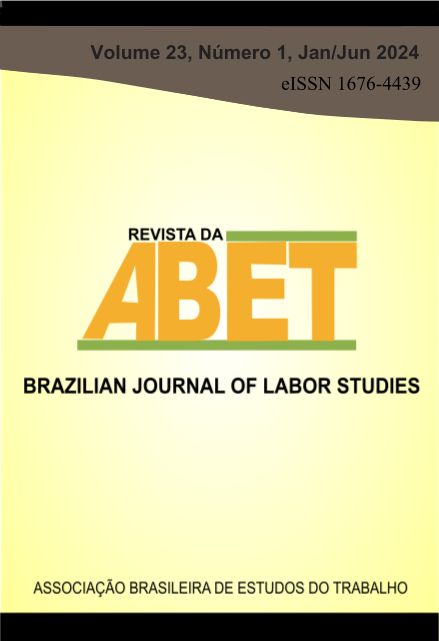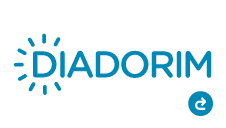Effect of education on the main job income of Brazilian formal workers
a pseudo-panel analysis
DOI:
https://doi.org/10.61999/abet.1676-4439.2024v23n1.64880Abstract
This paper analyzes the wage return to education for formal workers, by gender, in Brazil, based on the Mincer equation. The effect of education on the main labor income is modeled over a 20-year interval and controls for unobserved heterogeneity and sample selection biases. To this end, we pooled data from the National Household Sample Survey for the years 1995 and 2015. We applied Heckman’s two-stage, and the results showed an increasing return to education at the analyzed education levels for all genders. However, this return declined over time. The greatest effect is on men’s wages in 2015, while for women it was greater in 1995. The agricultural sector was the most penalized in terms of wage returns and the wage return for men decreased in 2015 in all sectors, while for women there was a wage increase in most of them, which helped reduce the wage gap between genders.
Downloads
Metrics
Downloads
Published
How to Cite
Issue
Section
License
Copyright (c) 2024 Wiron José Saraiva Matos, Francisco Carlos da Cunha Cassuce, Evandro Camargos Teixeira, Rafael Faria de Abreu Campos

This work is licensed under a Creative Commons Attribution-NonCommercial-NoDerivatives 4.0 International License.
Política de Acesso Livre
Esta revista oferece acesso livre imediato ao seu conteúdo, seguindo o princípio de que disponibilizar gratuitamente o conhecimento científico ao público proporciona maior democratização mundial do conhecimento.
Atribuição dos artigos é não comercial (sem derivações 4.0, isto é, Creative Commons) e o acesso é livre e gratuito para download e leitura.
Não há taxa para submissão, avaliação e publicação de artigos.
Copyright
1) Os artigos são de responsabilidade exclusiva dos autores. É permitida sua reprodução, total ou parcial desde que seja citada a fonte.
2) Os trabalhos enviados para publicação devem ser inéditos, não sendo permitida sua apresentação simultânea em outro periódico nacional.
3) Os artigos são submetidos a pareceristas "ad hoc", após prévia avaliação da Comissão Editorial, os quais podem aceitar, recusar ou reapresentar o original ao autor com sugestões para alterações. Os nomes dos pareceristas permanecem em sigilo, bem como os nomes dos autores.
Os Autores que publicam nesta revista concordam com os seguintes termos:
Autores mantêm os direitos autorais e concedem à revista o direito de primeira publicação, com o trabalho simultaneamente licenciado sob a Creative Commons Attribution License, permitindo o compartilhamento do trabalho com reconhecimento da autoria do trabalho e publicação inicial nesta revista.
Autores têm autorização para assumir contratos adicionais separadamente, para distribuição não-exclusiva da versão do trabalho publicada nesta revista (ex.: publicar em repositório institucional ou como capítulo de livro), com reconhecimento de autoria e publicação inicial nesta revista.
Autores têm permissão e são estimulados a publicar e distribuir seu trabalho online (ex.: em repositórios institucionais ou na sua página pessoal), já que isso pode gerar alterações produtivas, bem como aumentar o impacto e a citação do trabalho publicado.
Patrocinador
A publicação recebe financiamento da Associação Brasileira de Estudos do Trabalho.










